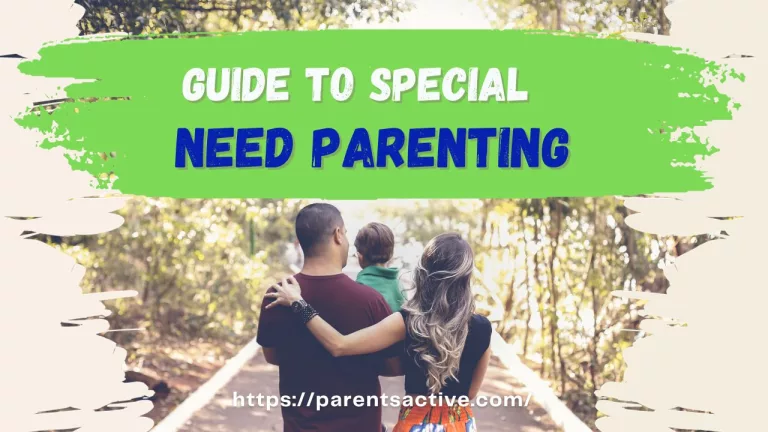Recommendations to Avoid Spanking
Avoid spanking: some of the American Academies recommend that parents should be taught and encouraged to use discipline methods instead of spanking for managing their children’s objectionable behavior. If there is no corporal punishment, it does not mean there is no discipline. It has been observed that many parents lack knowledge of discipline strategies outside spanking.
It is fact that parent education can enable parents to make an informed choice about when and how to use spanking.
It is right of the parents that they must be taught about the negative consequences of physical punishment, age appropriate expectations for children, and alternative age appropriate strategies.
The role of specialists is to discourage the use of physical punishment and teach age-appropriate substitutes. Many parents are unaware of alternative strategies to physical punishment or how to prevent the occurrence of misbehavior.
Substitutes to prevent spanking and physical punishment

• Consistently enforcing firm, age-appropriate, and acceptable limits
• Teaching problem-solving skills such as listening, speaking clearly and giving age appropriate instructions, showing trust, being reliable and predictable, accepting differences, negotiating, and mediating conflicts.
• Reasoning (talking) with children in age-appropriate ways to teach correct behavior and enhance children’s language and cognitive ability.
• Modeling desired characteristics such as patience, kindness, empathy, and cooperation as I have in the article types of parenting styles.
• Providing daily opportunities for children to practice problem solving by brainstorming solutions, discussing the effect of each alternative, choosing the best solution, trying it out, and then evaluating if it worked.
• Encouraging and praising children using verbal and nonverbal responses (smile or a nod) to motivate children and build children’s confidence.
• Allowing children to participate in setting rules and identifying consequences for breaking them to help them learn to understand the relationship between their actions and consequences and to learn to manage their own behavior.
• Providing consistency, structure, continuity, and predictability in children’s lives.
• Encouraging children’s autonomy (thinking for them, monitoring their own behavior, letting their conscience guide them). Strategies for Parents, Schools, and the Community A public health approach to effective child discipline has recommended the widespread dissemination of information on positive parenting practices, teaching parenting in schools, establishing support groups and phone lines for parents, and changing the law to prohibit physical punishment.
At the community level
• Provide parents access to information on child development and behavior management through workshops, parenting classes, mentoring, conferences, books, newsletters, brochures, flyers, and bulletin board materials.
• Improve pre-service and in-service programs for teachers, principals, and other school staff that teach techniques for developing children’s social-emotional skills and providing positive guide.
In a nutshell (Avoid Spanking)
Crux of the discussion is to avoid spanking at any cost because it crushes your child in the worst way. Your child is your most important asset on this planet, Earth, because through your child, you are able to shift your knowledge, experience and positive attitude to the upcoming generations.
Spanking snatches your child’s self esteem, confidence, potential to do some great and positivity. So, being a parent, work on the recommendations to avoid spanking and you will be a beloved parent for your child.







